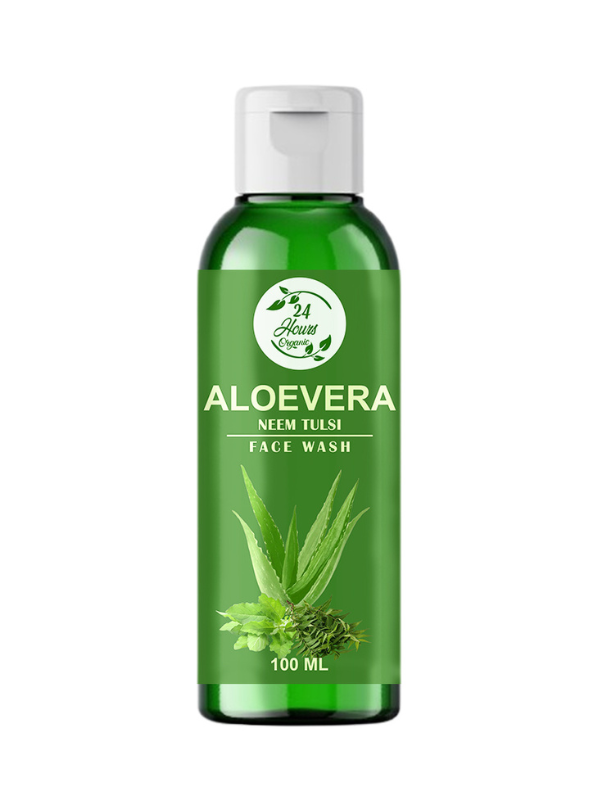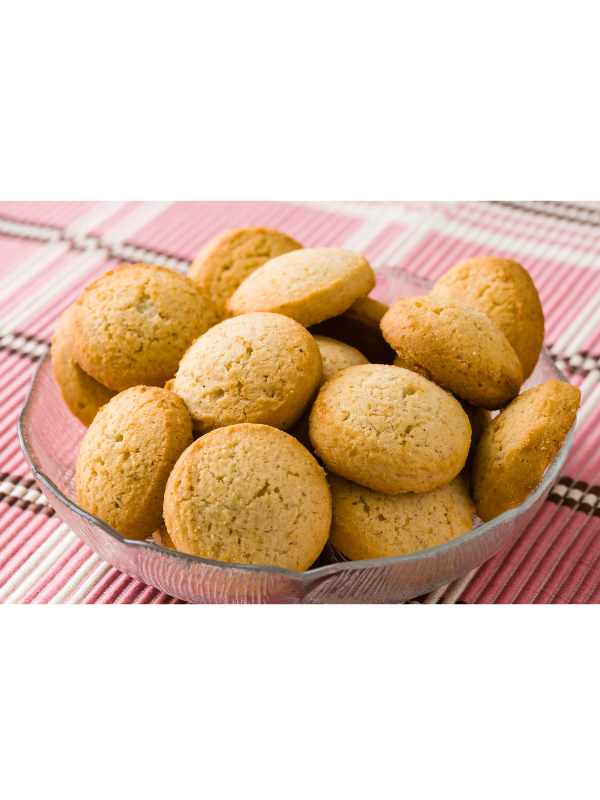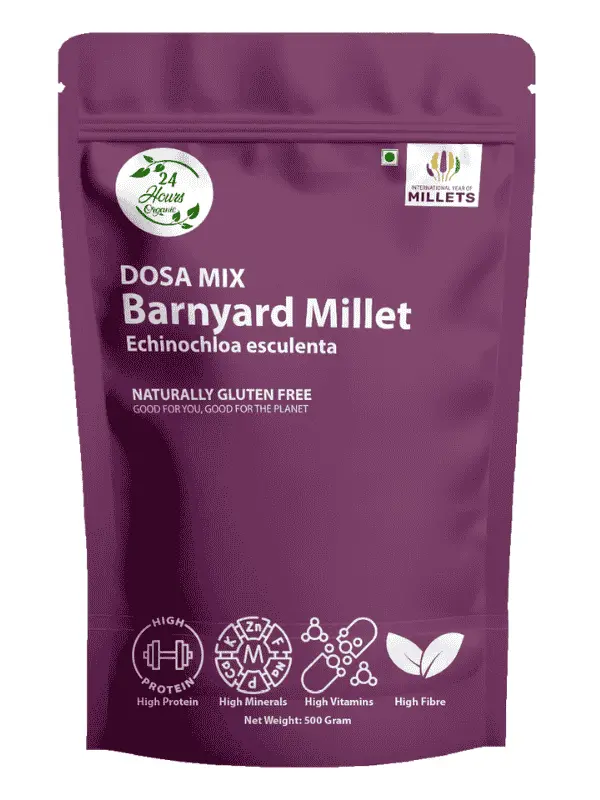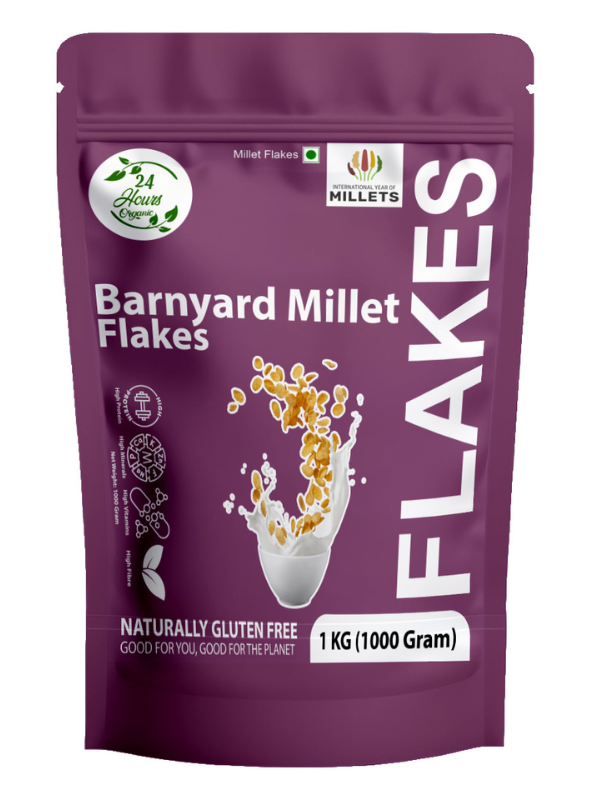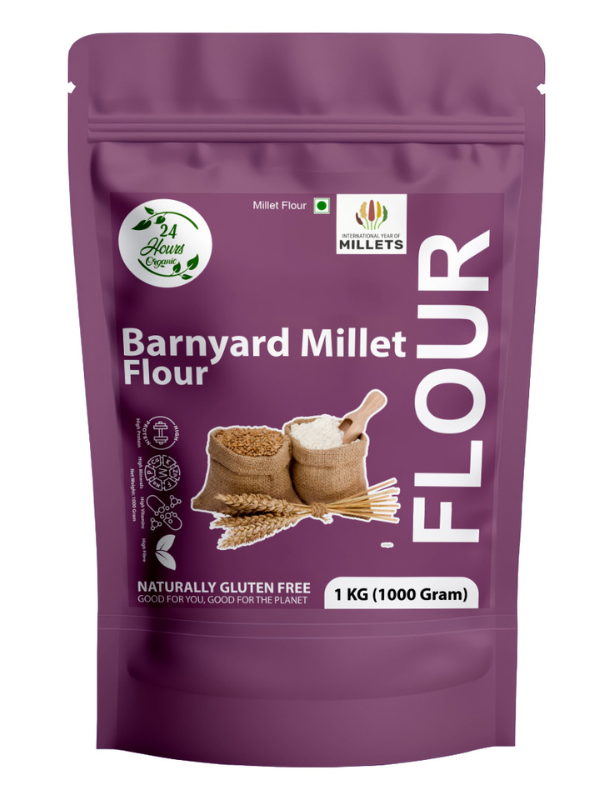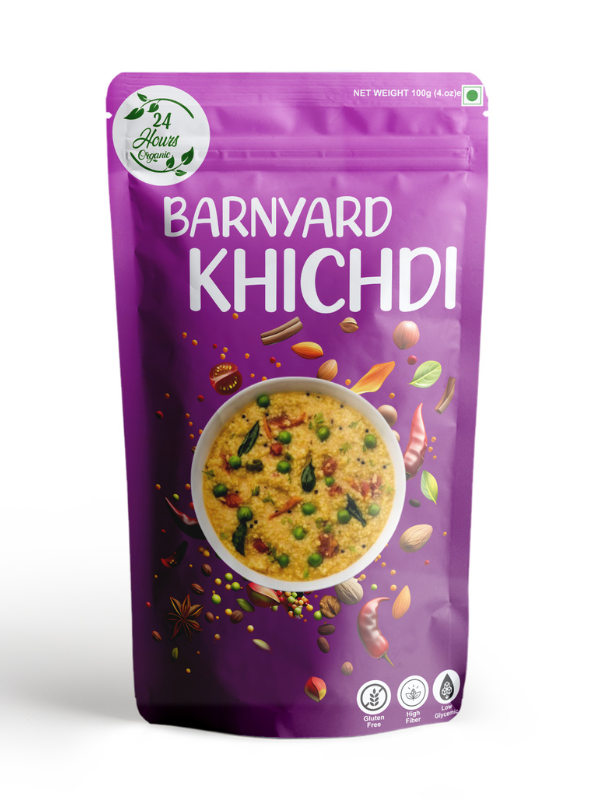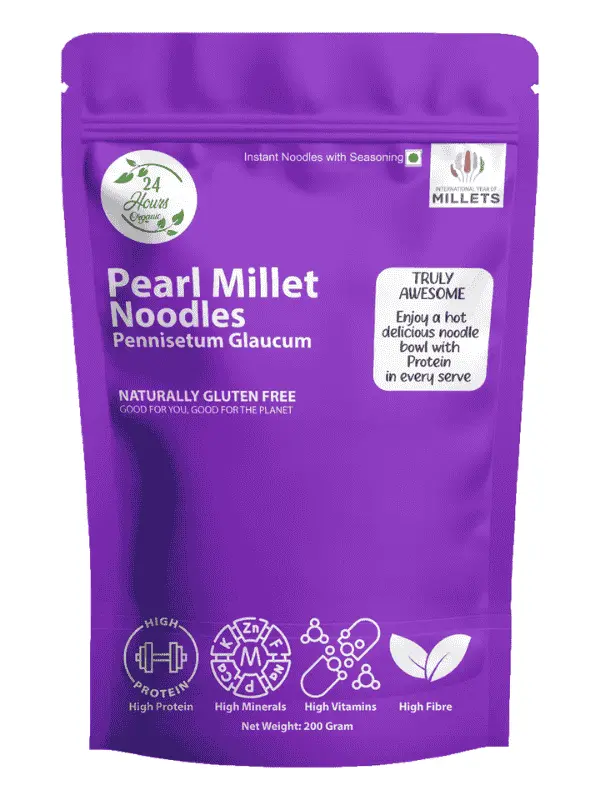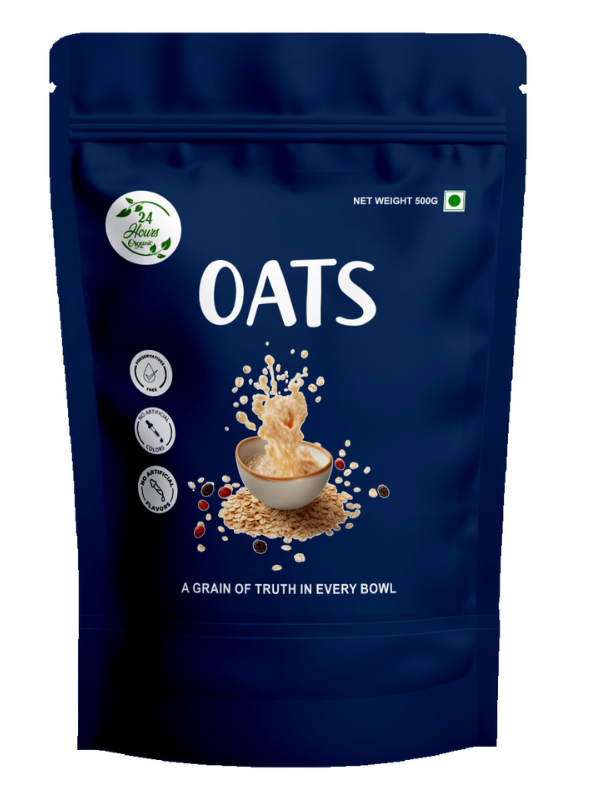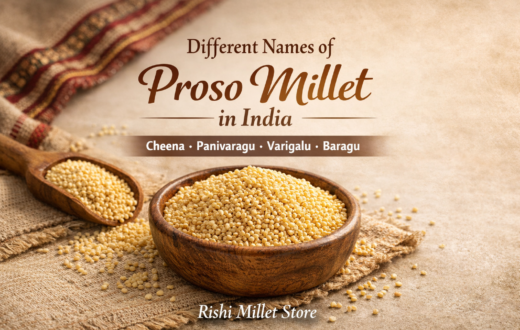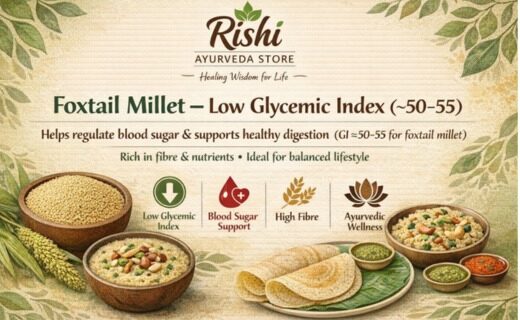Is Millet Good for Kidney Patients? Complete Guide for a Healthy Kidney Diet
Kidneys play a significant role in keeping our body healthy by removing toxins, balancing minerals, and controlling blood pressure. When the kidneys are weak, diet becomes extremely important. One food that is gaining popularity and is a crucial part of kidney-friendly diets is millets.
But the question is — Are millets good for kidney patients?
Let’s understand in simple terms.
Understanding Kidney Health & Diet
Kidney patients need to follow a controlled diet because their kidneys cannot filter excess minerals and toxins properly.
A good kidney diet helps in:
- Reducing pressure on the kidneys
- Controlling blood sugar
- Maintaining a healthy weight
- Managing blood pressure
Millets have emerged as a smart alternative to regular rice and wheat, playing a significant role in kidney-friendly diets due to their rich nutrition and low glycemic index.
This inclusion in your diet can be a game-changer, providing you with a variety of health benefits.
What Are Millets?
Millets are traditional grains, rich in Fiber, minerals such as magnesium, phosphorus, and iron, and plant-based protein. They are gluten-free and easy to digest.
Common Millets Include:
Foxtail millet, Little millet, Barnyard millet, Kodo millet, Pearl millet, Finger millet, Proso millet, Browntop millet.
These grains are natural and chemical-free when sourced organically, making them suitable for health-focused diets.
Why Kidney Patients Need a Special Diet
Kidney patients must control levels of:
- Potassium
- Phosphorus
- Sodium (salt)
- Protein
Millets can help manage these nutrients when taken in the right way and quantity.
Are Millets Good for Kidney Patients?
Indeed, millets can be a boon for kidney patients, particularly those with early to moderate kidney issues and diabetic kidney patients. Their benefits, such as a low glycemic index for sugar control, rich fiber content for good digestion, and support for weight and blood pressure management, provide a solid foundation for a kidney-friendly diet.
They are beneficial because they:
- Have a low glycemic index (suitable for sugar control)
- They are rich in Fiber (good digestion)
- Help in weight & blood pressure management
- Provide slow-release energy
- Are gluten-free
Remember, while millets can be beneficial, portion control is key. Some millets should be limited in advanced CKD, but this doesn’t mean they should be avoided altogether. It’s about using them wisely and under the guidance of a healthcare professional, who can provide you with personalized advice and support.
Benefits of Millets for Kidney Patients
Benefit Why it helps
- Controls Blood Sugar, helps diabetic kidney patients
- High in Fiber, reduces acidity & supports digestion
- Heart-Friendly: Helps maintain blood pressure
- Low GI prevents sudden sugar spikes
- Gluten-free is Good for gut health
Kidney-Friendly Millets (Best Options)
These millets are generally safe in a kidney diet when consumed moderately:
- Foxtail Millet
- Little Millet
- Barnyard Millet (Sawa)
- Proso Millet
These varieties are lower in potassium and phosphorus compared to other grains.
Millets to Limit in Kidney Disease
Some millets may have higher potassium/phosphorus, especially for late-stage CKD or dialysis patients:
- Finger Millet (Ragi)
- Pearl Millet (Bajra)
- Kodo Millet (in large quantities)
Not altogether avoid — but use only under doctor’s advice.
How Much Millet Can Kidney Patients Eat?
Recommended serving: 1 cup cooked millet per meal
(Approx. 40–50g raw millet)
Do not overeat — balance is the key.
Best Ways to Include Millets in Kidney-Friendly Diet
- Millet khichdi (low spices)
- Millet idli/dosa
- Millet roti/chapati
- Millet upma / porridge
- Millet poha
- Avoid
- Excess salt & spices
- Sprouted millets for CKD (increases potassium)
Precautions for Kidney Patients
- Always consult a dietitian in late-stage CKD
- Monitor potassium & phosphorus levels
- Drink water as advised by the doctor
- Avoid packaged millet snacks or fried items
Expert Advice Summary
- Millets are safe in early and moderate CKD
- Best for diabetic kidney patients
- Take in a controlled quantity
- Choose chemical-free, organic millets
Conclusion
Millets can be an excellent addition for kidney patients when eaten in moderation and chosen wisely. They help control sugar, improve digestion, and support heart health.
For a safe kidney diet:
- Choose the right millet
- Eat balanced portions
- Prefer organic products
Buy Pure, Organic Millets for Kidney Health
At Rishi Millets & Organic Store, we offer:
- Chemical-free organic millets
- Diabetes-friendly millet varieties
- Millet flours, khichdi mixes, dosa mix, and more
Visit our store or order online
For healthy kidneys & a healthy life — choose pure millets, not polished grains.
Frequently Asked Question
1. Can kidney patients eat millet every day?
Yes, in moderation and under diet guidance.
2. Which millet is best for kidney health?
Foxtail, little, barnyard, proso millet.
3. Should dialysis patients eat millet?
Consult a doctor — some millets may be restricted.
4. Is ragi safe for kidney patients?
Limit in late CKD due to higher potassium.

